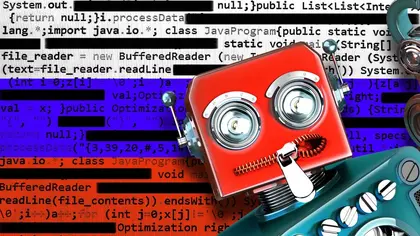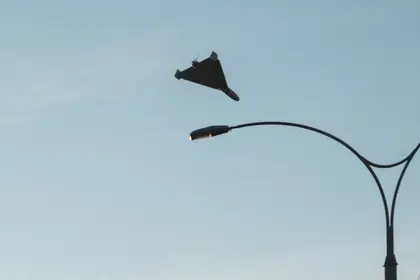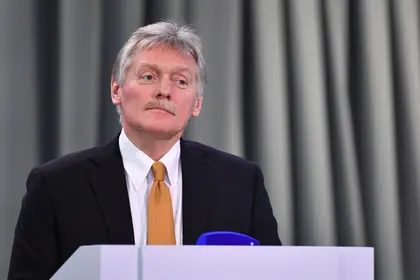A Russian outfit hired people off the street and paid them to post online comments intended to give the impression of grassroots support for Moscow’s invasion of Ukraine, Facebook owner Meta said Thursday.
The internet has been one of the fronts in the internationally condemned war, with Russia seeking to squelch criticism and promote narratives in support of the attack on its neighbor.
JOIN US ON TELEGRAM
Follow our coverage of the war on the @Kyivpost_official.
The deception campaign on Instagram, Facebook and other platforms was run by a “troll farm,” a disinformation operation that Meta said included people previously associated with a notorious Russian influence group.
“We’re not talking about a dedicated band of patriotic trolls,” Meta threat disruption director David Agranovich told AFP. “They were faking it, people were literally being hired off the street.”
The effort came to light after a reporter for Russian news outlet Fontanka infiltrated the operation by getting a job at its St. Petersburg office, drawing Meta’s attention.
Some of the people involved in the troll farm were previously associated with the Internet Research Agency (IRA), a Russian group that has been linked to election meddling in the United States and other countries since at least 2016, Meta said.
US authorities have offered a $10 million reward for information on election interference, and specifically is seeking details on IRA.
Kremlin Declines to Comment on North Korean POWs in Ukraine
Meta took down the network days after Fontanka reported in April about the group, which had advertised jobs for “spammers, commenters, content analysts, designers and programmers”.
The “poorly” run operation bore similarities to efforts by the IRA some nine years ago in the way it hired just about anyone to help with online deception, Meta global threat intelligence lead Ben Nimmo told AFP.
“It’s like 2013 is calling and it wants its troll farm back,” Nimmo quipped. “It’s built on people slumping on bean bags, being paid to run fake accounts and make these posts across the internet.”
Meta’s investigation found trolls aimed comments at people’s content on Instagram, Facebook, TikTok, Twitter, YouTube, LinkedIn, VKontakte and Odnoklassniki.
Trolls apparently worked in shifts seven days per week, got daily lunch breaks and were paid about $440 a month, Meta said.
A twist, Nimmo noted, was that operators also ran a public Telegram channel urging people to leave pro-Russian comments on posts by politicians, influencers or celebrities such as Angelina Jolie or Morgan Freeman then had their trolls tend to the task.
Meta even found instances of some of the hired trolls undermining the deception effort by sprinkling pro-Ukraine comments in with their work, Agranovich said.
Meta said it took down 1,037 Instagram accounts and 45 Facebook accounts involved in the disinformation campaign.
You can also highlight the text and press Ctrl + Enter







